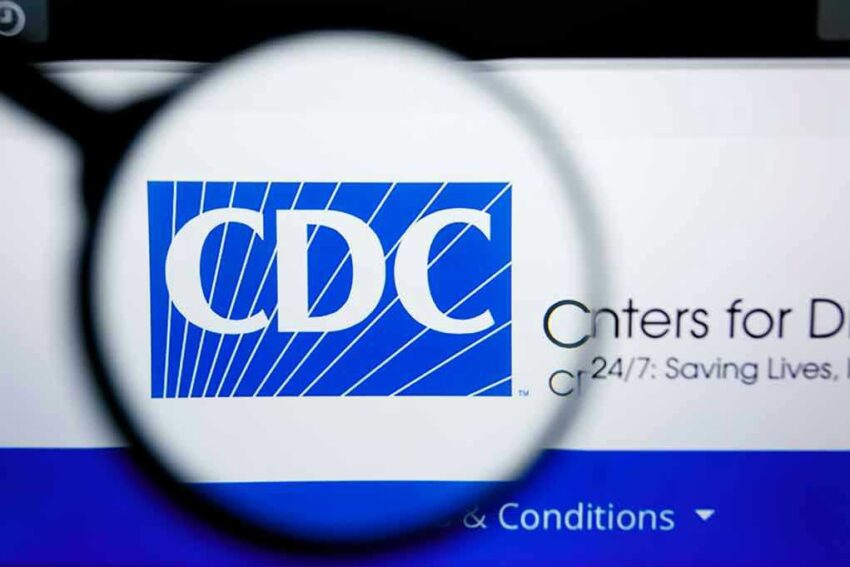For the first time, federal courts are being asked to force the CDC to prove its entire childhood vaccine schedule is safer than it is harmful—putting government overreach and constitutional rights in the spotlight for American families.
Story Snapshot
- Two doctors have sued the CDC, demanding evidence that the full childhood vaccine schedule does more good than harm.
- The lawsuit challenges the CDC’s authority and claims its recommendations act as de facto mandates without sufficient scientific proof.
- This legal battle unfolds amid political shakeups—RFK Jr. reshaped CDC panels, and the American Academy of Pediatrics split from the CDC for the first time in decades.
- Mainstream medical groups warn the case could undermine public health, while advocates call for greater transparency and individual rights.
Lawsuit Challenges CDC Vaccine Schedule on Constitutional Grounds
On August 15, 2025, Dr. Paul Thomas and Dr. Kenneth Stoller, supported by Stand for Health Freedom, filed a lawsuit in federal court against the Centers for Disease Control and Prevention (CDC). The plaintiffs argue that the CDC has not provided adequate scientific proof that the cumulative childhood vaccine schedule does more good than harm. They demand the agency be required to justify its recommendations by shifting the legal burden of proof away from parents and onto the government. This case is not about individual vaccine exemptions but directly questions the CDC’s administrative authority and constitutional basis for its recommendations.
The CDC’s vaccine schedule, technically advisory, is treated by most states as mandatory for school entry, with medical boards and insurance companies enforcing compliance. The lawsuit claims these recommendations function as shadow mandates. Plaintiffs, both former physicians with revoked or suspended licenses due to vaccine practices, seek to force the CDC to demonstrate cumulative safety and efficacy—not just for single vaccines, but for the entire schedule. This legal tactic represents a novel challenge, focusing on alleged lack of comprehensive safety studies and the CDC’s administrative process rather than on state-level enforcement or personal exemptions.
Pivotal Changes at CDC, Escalating Debate and Division
The suit emerges at a time of major upheaval in U.S. vaccine policy. In June 2025, HHS Secretary Robert F. Kennedy Jr. led a sweeping shakeup of the CDC’s Advisory Committee on Immunization Practices (ACIP), replacing established experts with critics of mainstream vaccine science. In August, the American Academy of Pediatrics (AAP) publicly broke with the CDC for the first time in decades, issuing its own evidence-based vaccine schedule. These developments have intensified debate, as the AAP, CMA, and other medical groups criticize the CDC’s direction and reaffirm the safety of routine immunizations, while public skepticism and calls for reform grow louder. The CDC has declined to comment on the ongoing litigation, but has launched reviews of cumulative vaccine effects under its reconstituted advisory panel.
Some states and health systems are now adopting the AAP’s independent schedule, further fragmenting national standards and fueling confusion among parents, doctors, and policymakers. The lawsuit’s outcome could influence how federal agencies justify public health policies, possibly setting a precedent for administrative and constitutional challenges beyond vaccine policy. While mainstream experts warn of heightened risk to children’s health and the erosion of public trust, advocates argue this case is a necessary check on unchecked bureaucratic power and a defense of parental rights.
Expert Reactions and Broader Implications for Families and Policy
Medical organizations such as the AAP and vaccine policy researchers emphasize decades of peer-reviewed research supporting vaccine safety and criticize the lawsuit as politically motivated and lacking scientific merit. They argue that undermining established immunization practices could lead to decreased vaccination rates and resurgence of preventable diseases, with economic and social costs for families nationwide. Legal scholars note that while the approach is novel—attacking the CDC’s administrative process and legal authority—plaintiffs face substantial hurdles, including questions about their standing due to their revoked medical licenses.
For American families, the stakes are significant. If the lawsuit succeeds, the CDC may be required to conduct new cumulative safety studies or revise its recommendation processes, potentially impacting school policies, insurance coverage, and even pharmaceutical regulation. Meanwhile, the debate exposes deepening polarization over public health, government authority, and the right of parents to make informed choices for their children. With trust in federal agencies already strained, this case spotlights the urgent need for transparency, rigorous science, and respect for constitutional values in shaping the future of American health policy.
Sources:
AAP evidence-backed immunization schedule reflects break with CDC advisers
AAP issues evidence-based vaccine schedule for young children
Newly appointed CDC vaccine advisory committee holds first meeting, stirs more controversy
New Colorado law reflects shifting vaccine recommendations amid RFK Jr. and CDC turmoil
Vaccine-skeptic doctors sue CDC over childhood schedule, claiming a ‘shadow mandate’
Click this link for the original source of this article.
Author: Editor
This content is courtesy of, and owned and copyrighted by, https://www.rightwing.org and its author. This content is made available by use of the public RSS feed offered by the host site and is used for educational purposes only. If you are the author or represent the host site and would like this content removed now and in the future, please contact USSANews.com using the email address in the Contact page found in the website menu.





